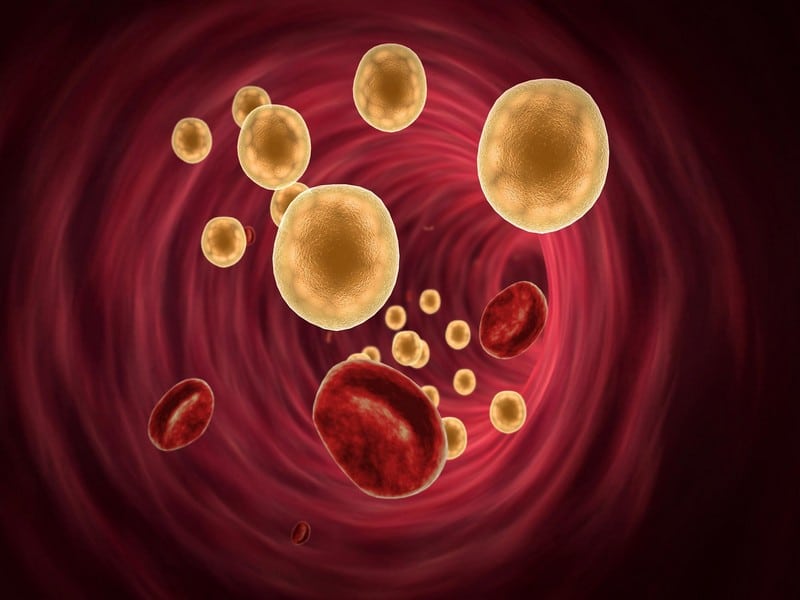Niacin, also known as vitamin B3, is one of the eight B vitamins. Niacin is a supplement that helps the body to function properly. Its main role is to trigger the production and synthesis of NAD and NADP, enzymes responsible for more than 400 body functions, like cellular metabolism, processing food, and obtaining energy.
Niacin has two chemical forms: nicotinic acid and niacinamide. Both forms are water-soluble, meaning the body can dissolve excess niacin by drinking more fluids. The extra niacin will then be flushed out of the body through urine. The RDA or recommended daily allowance for niacin differs for everyone. For instance, 2 mg/day is needed for newborn babies (0-6 months), 4 mg/day for infants (7 to 12 months), children ages 1 to 8 years old need 6 to 8 mg/day, teens need 12 to 14 mg/day. Pregnant women and breastfeeding moms need 17 to 18 mg/day.
Niacin is naturally found in certain foods and supplements. Greens, meat, fish, eggs, and poultry are some foods rich in niacin. A low level of niacin may lead to vomiting, depression, headache, fatigue, skin discoloration, loss of appetite, and memory loss.
Improves Blood Fat Levels

Studies have shown that niacin helps increase good cholesterol, reduce bad cholesterol, and lower triglyceride levels. This is why it is an effective supplement (not a primary medication) in improving a person’s blood fat levels. And doctors usually advise patients with high levels of bad cholesterol and triglyceride to include more foods rich in niacin in their diets.
Triglycerides are lipids or fats found in the blood. High triglyceride levels usually indicate an underlying condition like obesity, heart disease, diabetes, and metabolic syndrome. Extremely high triglycerides may clog veins, preventing blood from flowing to the heart or brain. As a result, a person with high triglycerides may experience confusion, blurred vision, numbness, headaches, and dizziness. Niacin is one effective way to lower a person’s triglyceride levels. A more detailed study shows that eating foods rich in niacin and taking niacin supplements can effectively lower triglycerides by 25 percent.
In addition, a recent study shows that niacin supplements can increase HDL or good cholesterol. HDL is believed to help pick up excess LDL or bad cholesterol and take them to the liver to be filtered and disposed of. This generally lowers the risk of developing heart-related diseases.










